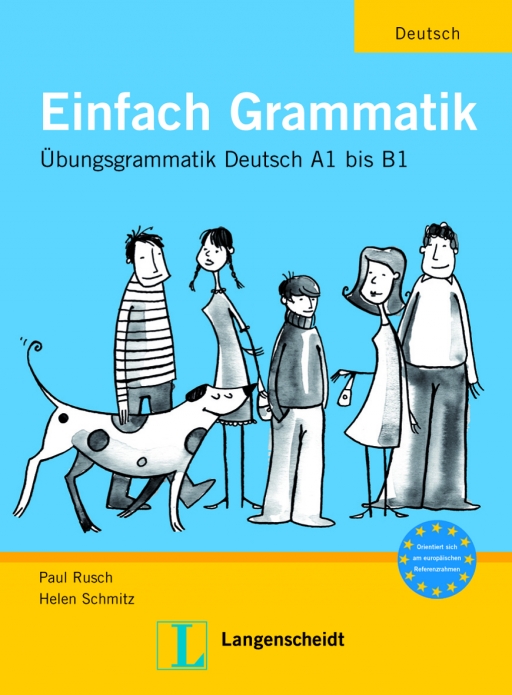This comes from an "Easy Grammar" book. [290]
Ü 1 <A2
„Lisa ist im Urlaub. Ergänzen Sie die E-Mail: bestimmter, unbestimmter Artikel oder Nullartikel? Achten Sie auch auf den Kasus (Nominativ, Akkusativ oder Dativ).“
achten (achtet, achtete, geachtet) r.w.v. – to consider, respect; pay attention
die Aussicht / kein Pl. – view
„Die Aussicht von dem Berg ist herrlich.“ / The view from the mountain is wonderful.
der, die, das / die
den, die, das / die
dem, der, dem / den
des, der, des / der
ein, eine, ein / keine
einen, eine, ein / keine
einem, einer, einem / keinen
eines, einer, eines / keiner
Hallo o Lukas,
ich bin hier in o Österreich in St. Johann. Wir haben ein sehr schönes, kleines Appartement gemietet. Die Zimmer haben eine schöne Aussicht. Jeden Morgen sehe ich die Kirche von St. Johann, den Berg mit dem Skilift und die Sonne. Wir gehen jeden Tag Ski fahren. Und das macht o Hunger! Gestern habe ich am Abend eine Suppe, ein großes Schnitzel, einen Salat und eine Nachspeise gegessen.
Bis bald
Lisa
